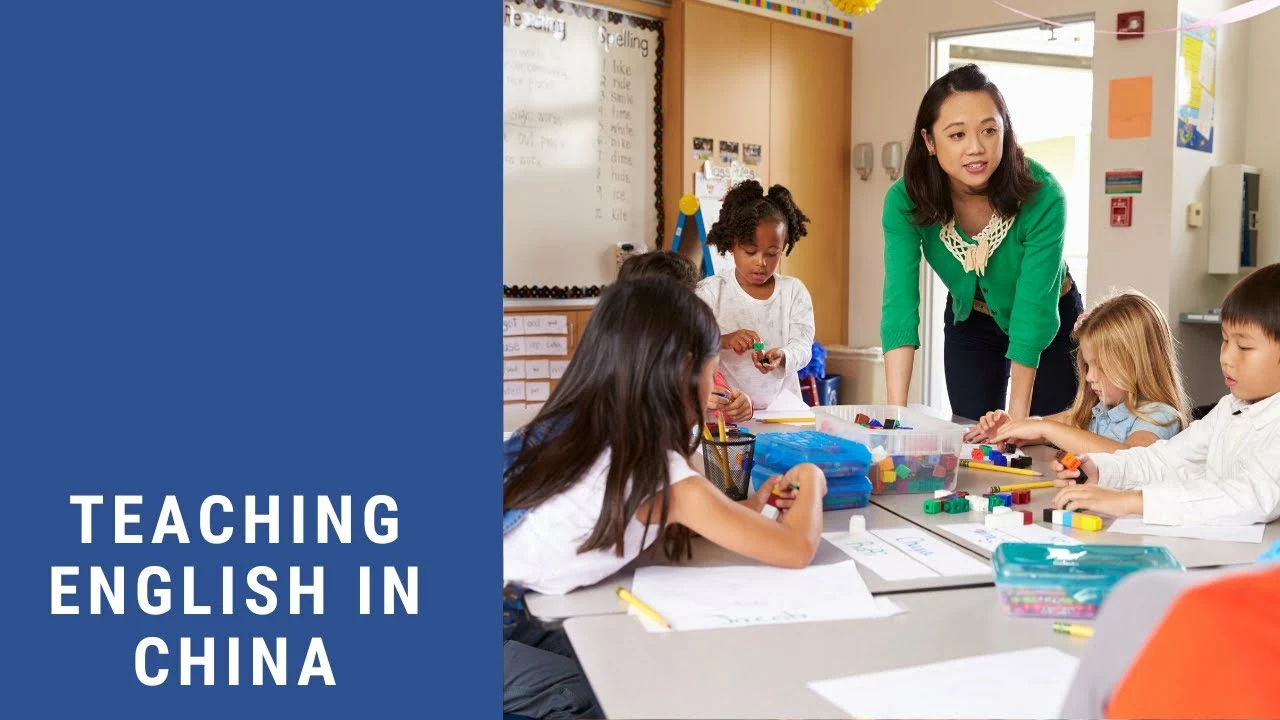What are alternatives to the banking model of education?

A Look Beyond Traditional Pedagogy
Now, you probably remember the banking model of education from your own school days, right mate? As it is, it's as common as my Welsh Corgi, Pepper, chasing after a lawn sprinkler—highly prevalent and largely ineffective. Easy there, it's just a metaphor! This model is the familiar framework where the teacher deposits information, and students, note them down, memorizing for exams. Not effective, if you ask me. I’m no academic. But I’m a fellow who has been through it and has seen my share of the world. From the sunny shores of Brissy to the snowy peaks of Switzerland! And having borne witness to various cultures and their educational models, I'd like you to reckon alternatives that could add more appeal to the standard teaching methods.
A Favour for the Flipped Classroom
First of the lineup is the Flipped Classroom Model. This is as surprising as finding my cat, Whiskers, barking like a dog! In this model, students are guided to learn content at home and apply knowledge in class with teacher's assistance. Now, isn't that a cliff-hanger? Sure as a boomerang, you'll return, yearning for more classroom time. The idea strikes a chord, no? A flipped classroom gives students control over their learning, and it truly is much more fun. Plus, the teacher has more time to assist students individually. However, like any model, it's not without its drawbacks. Students must have access to technology at home, and it requires a metric tonne of planning. Although then again, what's a journey without a bit of a challenge, right?
Problem-based Learning - A Problem Solver
Moving to the next oasis, we reach Problem-based Learning, where we face a problem, then proceed to crack it! It's like trying to sneak past Whiskers without her noticing. Now that's a problem! This approach stimulates active learning by presenting real-world problems first, and then providing the necessary knowledge to solve them. It's an exciting chase, isn't it? But unlike Pepper, we are not running after sprinklers here. We are solving problems, my friend! Students tend to remember the knowledge associated with a problem more clearly because it has been used and applied. However, it could take longer to cover a specific curriculum, and I guess not everyone loves a good puzzle. But hey, learning isn't always a walk in the park, right?
Game-based Learning, Believe it!
The next stop is as playful as Pepper- Game-based Learning! If you think about it, games are to children what coffee is to adults, a magical stimulant. They love it! So, why not mix a little playtime with learning? Far-fetched? Well, mate, you'll be surprised how well learning journeys go when players attempt to meet game goals through the application of certain skills. It's a great way to boost motivation and engagement. I remember once trying to teach Pepper new tricks using her favourite toy and the results were impressive. If my Corgi can learn with games, so can humans, right? Anyway, like every gaming session, it has its negatives too. Not every student enjoys video games, and creating good learning games requires time and technology.
Experiential Learning – Experience does teach!
The final destination on our learning trail is Experiential Learning. This is not your run-of-the-mill classroom teaching. Ah, I reckon you'd find it as exciting as dodging a kangaroo on an outback trip! This is learning by taking action, reflecting, conceptualizing, and applying. Students get hands-on experience which helps them remember lessons quickly. I always learned better when doing things. Very much like my time at cooking. Sure, the theory is good. But how was I to perfectly whisk those eggs or flip a pancake without actually doing it? Just like that, this method can make learning more effective. But let me warn you, it could be time-consuming and costlier than traditional education. And without proper guidance, the hands-on experience may go haywire. Even Pepper agrees with that!
Conclusion – Does One Size fit all?
Taking a peek far from the Banking Model, we have explored educational alternatives like Flipped Classrooms, Problem-based learning, Game-based Learning, and Experiential Learning. Each has its quirks, quite like Pepper and Whiskers! Through this walkabout, I reckon it's clear that no singular method will fit every student, just like no one toy pleases my two different pets. It's true; even a combo of these might not be the perfect approach. What fits depends on the student, the teacher, the subject, and the situation. The trick is to keep trying till we find the mix that works best, like I did with Pepper and Whiskers. However, the journey is filled with road bumps, reasons to try again with a smile. But tell you what? Regardless of these alternates being the best fit or not, making a continuous effort towards meaningful and enjoyable learning experiences should always be at the heart of education because, as we know, Mates, learning is a lifelong endeavour!